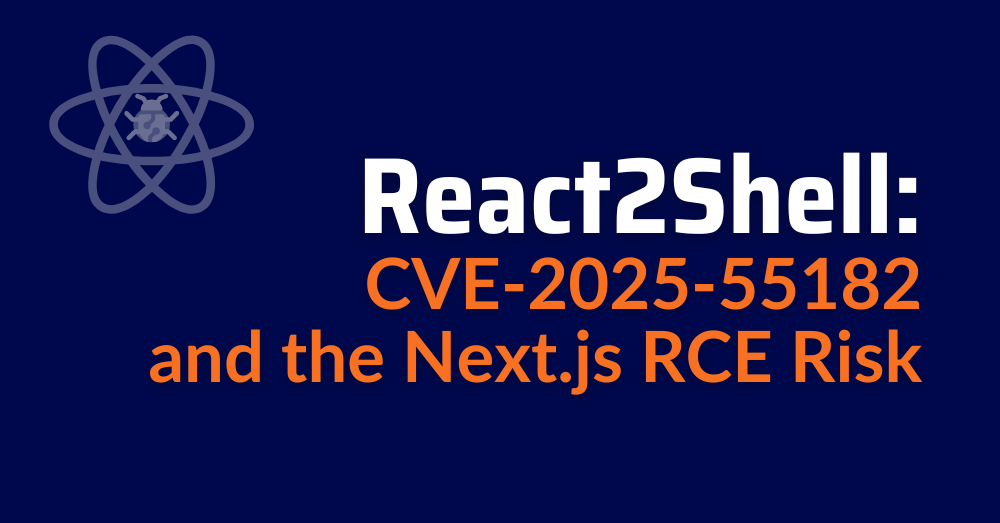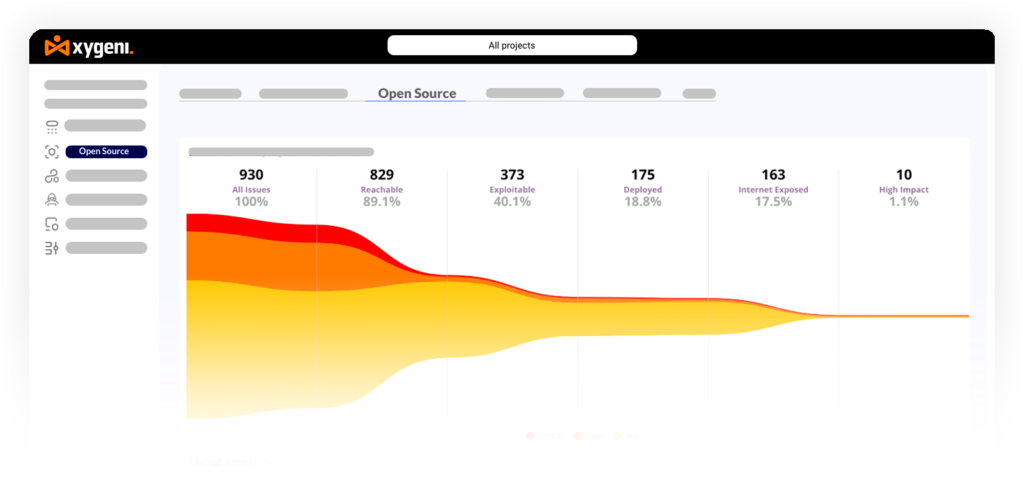Digital transformation is accelerating across industries, so protecting proprietary source code has become a critical concern. As you know, source code is the core of any software-driven company: it encapsulates years of research, innovation, and development effort. Therefore, when source code leaks happen, and they happen from time to time (take for instance data from the 2024 Data Exposure Report by Code42 which shows a 28% average increase in insider-driven data exposure events since 2021), they don’t just jeopardize intellectual property but also compromise the whole organization’s security, competitive advantage, and potential customer trust.
In this blog post, we are going to explore why source code privacy is critical and outline 10 effective strategies to answer the question of how can companies keep their source code private, and protect it from unauthorized access.
Why Source Code Privacy is Crucial?
- Protection of Intellectual Property – source code leaks may expose proprietary algorithms, unique functionalities, and business processes to competitors
- Preventing Security Vulnerabilities – code leaks can also reveal system structures, configurations, and potential security weaknesses. Malicious actors who gain access to the code may identify vulnerabilities and exploit them, potentially leading to data breaches, system compromises, or ransomware attacks
- Safeguarding Sensitive Information – codebases regularly contain sensitive information such as API keys, passwords, database credentials, and other secrets essential for operation. A code leak could result in unauthorized access to these critical systems, exposing the company to additional risk
10 Strategies: How Can Companies Keep Their Source Code Private and Leak-Free?
How Companies Can Keep Their Source Code Private?
Below you are going to find some essential strategies to protect source code privacy and prevent code leaks.
1. Implement Access Controls to Keep Your Source Code Private
The first line of defense on how can companies keep their source code private. Limiting who can view and modify source code reduces exponentially the chances of an accidental or malicious code leak. Effective access control measures include: Need-to-know access, Multi-Factor Authentication (MFA), and Role-Based Access Control (RBAC
2. Secure Development Practices
A secure development lifecycle is essential in preventing unintentional source code leaks or vulnerabilities within the code itself. Best practices include: Developer Education, Code Review Processes, and Automated Security Testing
3. Secure Use of Version Control Systems
Version control systems are essential for collaborative development but also may present a security risk if not properly configured. Key practices for secure VCS management include: Privacy Settings (configure repository privacy settings to limit exposure), Regular Access Audits, and Branch Protection Rule
4. Prevent Code Leaks with Secrets Management Best Practices
Hardcoding sensitive information like API keys or passwords within the code is a common yet serious security flaw. To avoid secrets leakage, companies should:
- Use Secrets Management Tools: store sensitive data in dedicated secrets management solutions, which securely handle encryption, storage, and access control.
- Environment Variables: Configure environments to retrieve sensitive data dynamically from secure storage rather than embedding them within the codebase.
5. Employ Data Loss Prevention Tools
Data Loss Prevention (DLP) tools help detect and prevent unauthorized attempts to access, transfer, or exfiltrate sensitive data, including source code. Effective DLP measures include Source Code Monitoring and Blocking Suspicious Transfers.
6. Regular Security Audits and Vulnerability Scanning
Routine security audits and vulnerability assessments are essential for maintaining secure code environments. Regular audits allow organizations to identify and address risks before they become incidents. Best practices include: Periodic Reviews of Access and Permissions, Automated Code Scanning
7. Secure Cloud Configurations
Cloud services are commonly used for collaborative software development but require robust configurations to avoid accidental exposure. To secure cloud environments: Data Encryption and Securing Cloud Repositories
8. Employee Training and Enforcing Policies
Even with the best security tools in place, untrained employees may inadvertently expose code or violate security protocols. Effective training and policies include:
Ongoing Security Awareness Program and Clear Code Privacy Policies
9. Prevent Source Code Leaks from Third-Party Vendors
Many companies work with third-party vendors or contractors, who may need limited access to the codebase. To mitigate risks associated with third-party access: Vetting Third-Party Partners and Legal Agreements and NDA
10. Incident Response Planning
Despite the best prevention measures, source code leaks can still occur. Having a robust incident response plan ensures that teams are prepared to quickly address any leak:
- Develop a Response Plan: Create and document procedures for responding to code leaks, including steps for containment, notification, and remediation.
- Conduct Drills: Regularly conduct simulations and drills to ensure team readiness and effective response to real-world incidents.
Summary Table: How Can Companies Keep Their Source Code Private?
| Strategy | How It Protects Your Source Code |
|---|---|
| Strict Access Controls | Limits unauthorized access, reducing source code leak risks. |
| Secure Development Practices | Prevents vulnerabilities in code that could be exploited. |
| Version Control Security | Ensures repositories aren't accidentally exposed or misconfigured. |
| Secrets Management | Keeps credentials and sensitive data out of the codebase using secure vaults and environment variables. |
| Data Loss Prevention Tools | Monitors and blocks unauthorized source code transfers or suspicious activity. |
| Security Audits & Scanning | Identifies and fixes vulnerabilities before they lead to code leaks. |
| Secure Cloud Configurations | Protects source code stored or deployed in cloud environments from exposure. |
| Employee Training & Policies | Reduces human error and insider threats with clear protocols and ongoing awareness. |
| Third-Party Risk Management | Ensures vendors and contractors comply with your code security standards. |
| Incident Response Planning | Minimizes the impact of code leaks and ensures rapid recovery through defined procedures. |
How Can Companies Keep Their Source Code Private? Protect It with Xygeni
As we have seen, source code is one of a company’s most valuable assets, and protecting it requires a comprehensive approach involving technology, policy, and continuous vigilance. So, in order to answer the question of how can companies keep their source code private, we can say that: by implementing strict access controls, fostering secure development practices, securing version control systems, and conducting regular audits, companies can substantially reduce the risk of code leaks and unauthorized access. With an established incident response plan, organizations can also prepare for the worst, ensuring a swift recovery from potential incidents.
Xygeni provides an advanced code security solution designed to support companies in safeguarding their code and all their software assets. With features tailored to prevent code leaks and enhance source code privacy, Xygeni’s tool helps organizations protect their intellectual property and maintain a strong security posture in an increasingly digital world. Give it a try!








